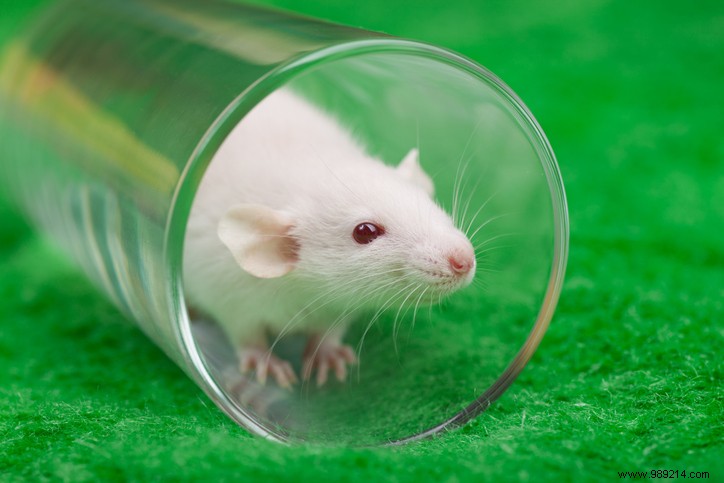A groundbreaking experimental vaccine successfully eliminated targeted senescent cells in mice, extending their lifespan and reversing key age-related disease markers. Researchers are gearing up for human clinical trials, though significant hurdles remain.
Our cells are genetically programmed to divide a limited number of times before entering senescence—stopping division and awaiting immune system clearance. As we age, this clearance process falters, allowing senescent cells to accumulate. These cells release inflammatory factors linked to many age-related conditions.
In recent years, scientists have pioneered "senolytic therapies"—drugs designed to selectively remove senescent cells. Several have shown promise and advanced to clinical trials. However, most target anti-apoptotic pathways, raising risks of unintended effects on healthy tissues.
In this latest study, researchers developed a vaccine to train the immune system to identify and destroy senescent cells.
The team honed in on senescent vascular endothelial cells, which line blood vessels. After profiling surface proteins, they selected GPNMB (non-metastatic melanoma protein B) as the prime antigen.
Analyzing human atherosclerosis patient samples, they confirmed elevated GPNMB on affected vascular endothelial cells compared to healthy ones. To test impact, they cleared GPNMB-laden cells in atherosclerosis-prone mice, observing a rapid reduction in arterial plaque density. This validated GPNMB as the vaccine's key target.

The researchers created a peptide vaccine targeting GPNMB protein segments. Middle-aged mice (over one year old) received vaccinations, prompting their immune systems to produce anti-GPNMB antibodies. Vaccinated mice showed sharp declines in senescent cells, arterial plaques, and inflammatory markers.
Senescence markers dropped significantly. Unlike placebo-treated mice, which became less active by 1.5 years, vaccinated ones stayed vigorous. Overall, the vaccine group outlived controls, with no adverse side effects reported.
“The data was extremely strong…I think that's a pretty good proof of principle,” says Paul Robbins, PhD, from the University of Minnesota's Institute on the Biology of Aging and Metabolism.
These findings are highly promising. Next steps include safety testing in non-human primates before human trials. While mouse results don't always translate directly, the team is also developing vaccines for other senescent cell types.